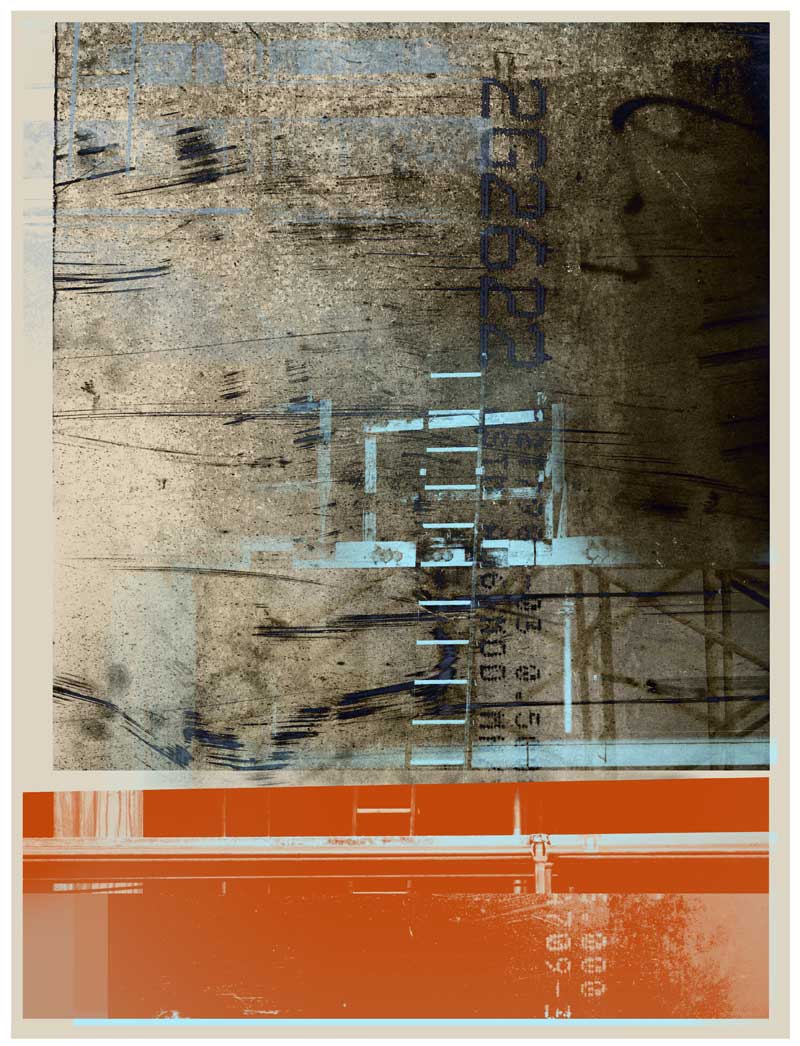It is exhilarating beyond measure to be alive in Seattle during this endless Indian Summer. (By the way, before using this phrase, this being the city of all things politically correct, I spent an hour researching whether in fact it is politically okay to use this phrase. I am going to go with this: As the American Indians were reportedly the first to notice the loveliness of this time and to celebrate the harvest by looking at the light and perhaps smoking a pipe rather than engaging in more frantic scurrying, worrying and stacking of crops in the barn (as the pale settlers were wont), when the phrase is invoked by a non-Indian person caught up in the intoxicating Autumnal rhapsodies it is in fact an homage to the wisdom of the First Nations, and understood as such.) Whew.
So I walk around, temporarily off the hook, and I can’t help but notice but the city is damn fine beautiful. I am sure nature is also doing something, but the construction sites are in their prime, as in primary colors, none of this faded pink of cosmos and hydrangeas and plum feather grass. Give me the street, the baylight glinting on scaffolds and glass, the scattered jump rope song of grafitti and the fifteen people gathered to watch the man in the Mercedes try to park his car in the the lot on Second Avenue with one-sixteenth inch margin of error and a flawless polish on that fender. Pretty much anytime of day is good light, because we actually have light which makes, yes, shadow. If you live here, you know.
Here is a piece that will probably go through another fifty iterations, but which has landed here, comfortably, for the moment. The rule for this series, (thank you John Cage for pointing out how necessary rules are in your fine book Silence) are simple. All elements of photographic evidence must come from an actual construction site. Paint and other elements layered into the work may come from my drawing table.

Sherrie Lovler says
Wonderful piece matched by great writing. Thank you! And I love your research into Indian Summer. We’re experiencing it here, too, with patches of morning Autumn creeping in.
Iskra says
Hi Sherrie,
I am so glad you like this one. And yes, the whole West Coast is in a wonderful dream this month. What a difference it makes to not be in a weather-induced low-level depression!
Kate says
Hello, lovely Iskra-
As soon as I saw this new piece, even at the small size on my phone, it reminded me of this poem from Rumi called A Garden Beyond Paradise. Specifically the line, “the moment you were born, a ladder was placed in front of you that you might escape.” I love the way the ladder is there, but it’s not clear exactly what it’s coming up out of, or where it’s going. They could even be the same place.
Here is the whole poem:
Everything you see has its roots
in the unseen world.
The forms may change,
yet the essence remains the same.
Every wondrous sight will vanish,
every sweet word will fade.
But do not be disheartened,
The Source they come from is eternal—
growing, branching out,
giving new life and new joy.
Why do you weep?—
That Source is within you,
and this whole world
is springing up from it.
The Source is full,
its waters are ever-flowing;
Do not grieve,
drink your fill!
Don’t think it will ever run dry—
This is the endless Ocean!
From the moment you came into this world,
a ladder was placed in front of you
that you might transcend it.
From earth, you became plant,
from plant you became animal.
Afterwards you became a human being,
endowed with knowledge, intellect and faith.
Behold the body, born of dust—
how perfect it has become!
Why should you fear its end?
When were you ever made less by dying?
When you pass beyond this human form,
no doubt you will become an angel
and soar through the heavens!
But don’t stop there.
Even heavenly bodies grow old.
Pass again from the heavenly realm
and plunge into the ocean of Consciousness.
Let the drop of water that is you
become a hundred mighty seas.
But do not think that the drop alone
becomes the Ocean—
the Ocean, too, becomes the drop!
Jelaluddin Rumi, “A Garden Beyond Paradise”,
(translated by Jonathan Star)
Thank you for sharing your work! xo
Iskra says
Thank you so much for posting this, Kate, I am pretty familiar with Rumi, but I had never read this one. It explains a dimension that must be why I am attracted to these open, unfinished scaffolded places. The abode of vertigo….